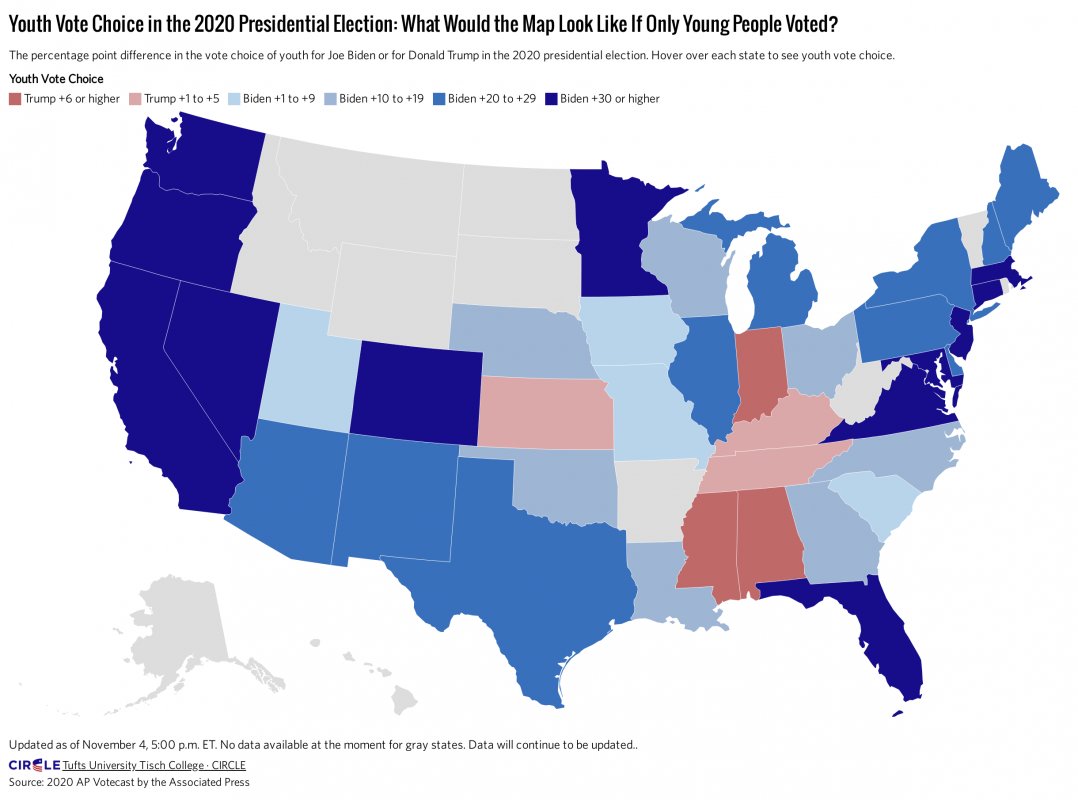On yet another pandemic Sunday, I want to talk about anything but Trump and the transition. So…
At some point in history class, most of us learned about the fire that destroyed the library in Alexandria–a structure supposedly filled with all of the knowledge that humans had acquired by that point.
A few days ago, I came across an intriguing article about that story. Evidently, the great fire was mostly a legend–but the events that did lead to that monumental loss should stand as an even more significant warning about the dangers of anti-intellectualism.
The article began by quoting from Carl Sagan’s retelling of the conflagration that (legend tells us) destroyed the knowledge that had been acquired in the ancient world, all of which was thought to be within the library’s marble walls. Sagan warned that destruction of the library should be seen as a caution to those of us who are living some 1,600 years later.
Sagan stood in a line of writers who, for the last two or three hundred years, have made the word Alexandria conjure up not a place—a city in Egypt—but an image of a burning library. The term Alexandria has become shorthand for the triumph of ignorance over the very essence of civilization.
The article set out what historians do and don’t know about the actual library and its destruction. Although there are competing theories, it is most likely that the library met its end gradually–not in one big blaze, but over years and decades of neglect and growing ignorance. Although it is probable that there were fires during those years, accounting for the loss of many books, the “institution of the library” was destroyed more gradually– through organizational neglect and the growing obsolescence of the papyrus scrolls themselves.
And therein lies the real moral of the story.
Alexandria is, in that telling, a cautionary tale of the danger of creeping decline, through the underfunding, low prioritization and general disregard for the institutions that preserve and share knowledge: libraries and archives. Today, we must remember that war is not the only way an Alexandria can be destroyed.
The long history of attacks on knowledge includes not just deliberate violence—during the Holocaust or China’s Cultural Revolution, for example—but also the wilful deprioritization of support for these institutions, which we are witnessing in Western societies today. The impact that these various acts of destruction of libraries and archives has had on communities and on society as a whole is profound. Communities in places like Iraq and Mali have seen Islamic extremists target libraries for attack, and in the U.K. over the past decade, more than 800 public libraries have closed through lack of support from local Government.
The movement of human archives to internet servers (or the Web or the Cloud or other digital storage venues) has been just one of the numerous dislocations we humans are experiencing in our bumpy transition to a digital age. As various legislative bodies wrestle with the issues presented by that transition and by the emergence and dominance of huge digital enterprises, the protection of knowledge–and the ability to distinguish knowledge from disinformation, fantasy and conspiracy theory–has to be a primary goal.
Libraries and librarians are immensely more important guardians of that goal than Google.
Neglect of libraries is part and parcel what Isaac Asimov called the “cult of ignorance,” a phenomenon that we see in contemporary dismissals of expertise as “elitism”and the cyclical eruptions of anti-intellectualism in the United States. Asimov’s famous quote probably says it best:
There is a cult of ignorance in the United States, and there always has been. The strain of anti-intellectualism has been a constant thread winding its way through our political and cultural life, nurtured by the false notion that democracy means that “my ignorance is just as good as your knowledge.”
If the story of Alexandria stands for anything, it’s the importance of libraries–national and local. Those libraries are our gatekeepers, safeguarding our ability to access practical information as well as hard-won wisdom that has been built up over centuries. If we fail to adequately fund, maintain and protect them, we will suffer a setback not unlike the years following the legendary loss of the Library at Alexandria.
Comments
